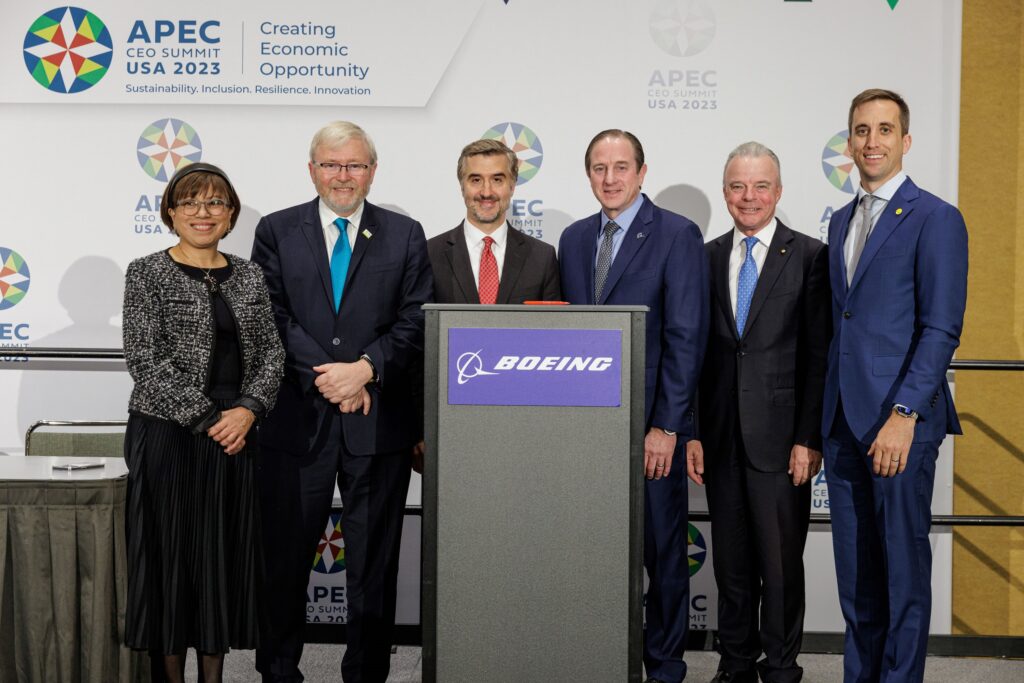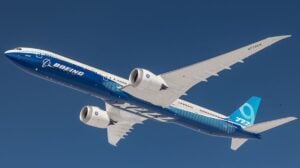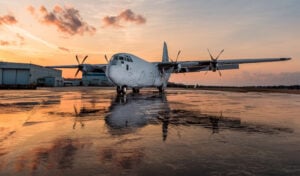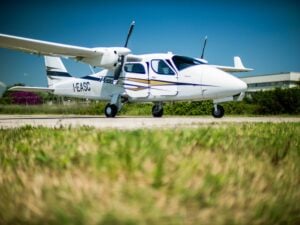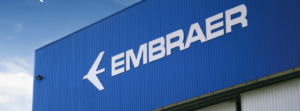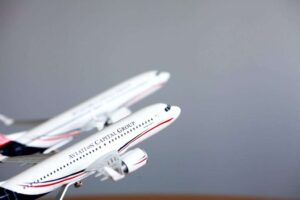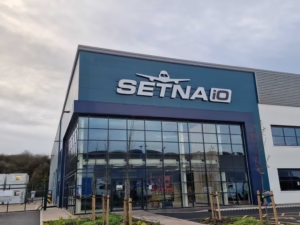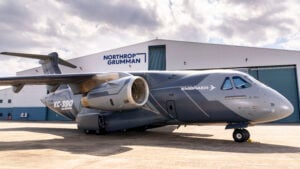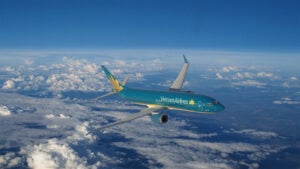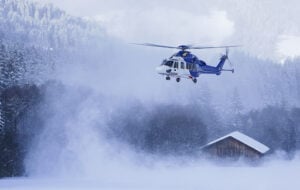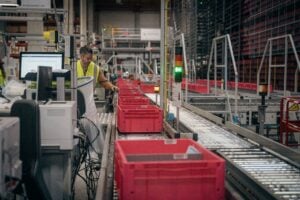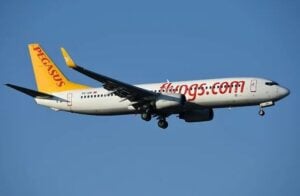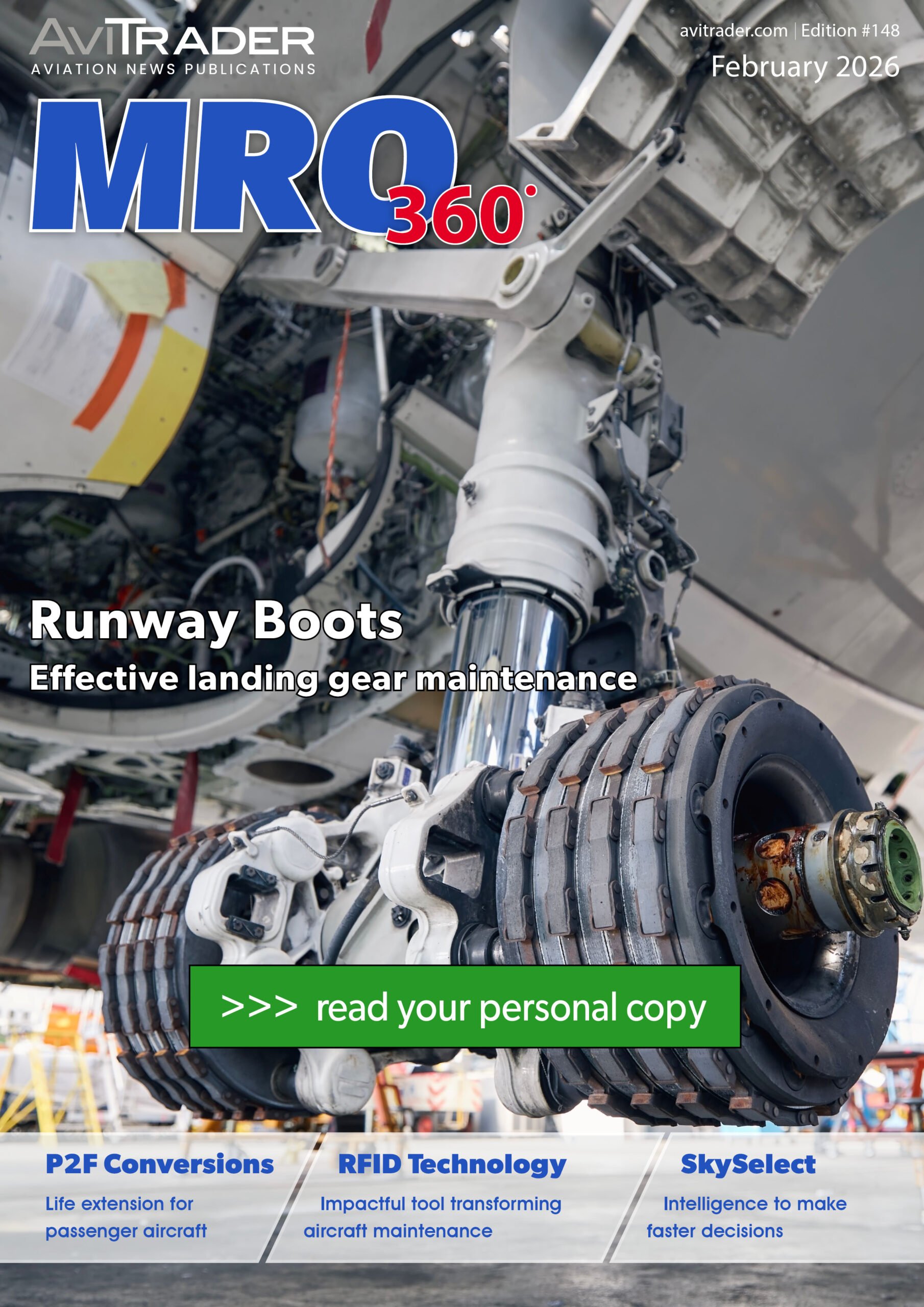In a joint effort, Boeing and the United States are launching an initiative aimed at accelerating the development and adoption of sustainable aviation fuel (SAF) within the Asia-Pacific Economic Cooperation (APEC) member countries. Recognising SAF as a crucial component for achieving net-zero carbon emissions in aviation by 2050, this initiative will address key challenges, including limited supply and high costs hindering broader usage.
Current SAF certified for use has the potential to reduce lifecycle CO2 emissions by up to 85%, making it a pivotal tool in achieving International Civil Aviation Organization (ICAO) and industry emission reduction goals. However, despite this potential, current SAF utilisation only accounts for 0.1% of global jet fuel demand.
Sponsored by the U.S. Department of Transportation and the Federal Aviation Administration (FAA), in collaboration with Boeing, the initiative will operate within APEC’s Transportation Working Group. It aims to support APEC economies in developing SAF supply by addressing challenges such as identifying sustainable feedstocks, optimising production pathways, leveraging existing industries and infrastructure, and enabling the formulation of SAF-specific policies.
The initiative will also explore mechanisms for SAF accounting, including book and claim processes. By capturing best practices and case studies from economies with established SAF markets, the project seeks to enhance the SAF ecosystem across the APEC region. It will provide guidance and support to economies looking to establish new SAF markets, offering a policy toolkit to ensure regional coherence in SAF policies and regulations.

